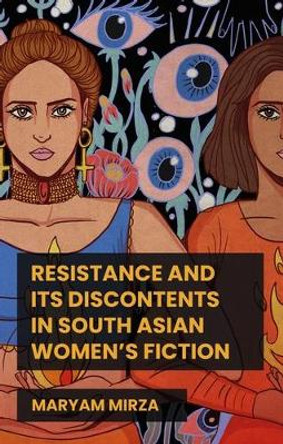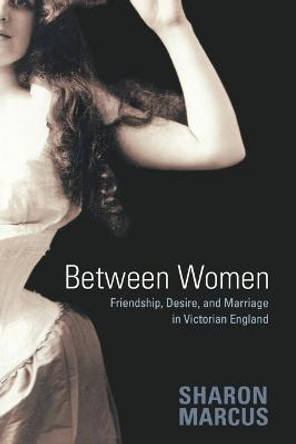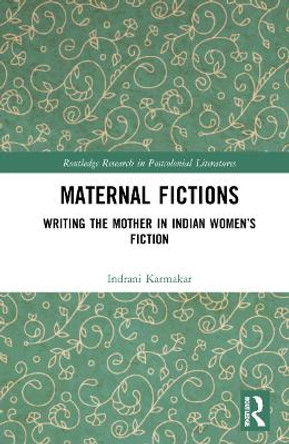The economically privileged Lenny is able to taste the forbidden delights of the adult world because of her ayah. The romantic relationship between Sai, an upper-class Gujarati girl, and Gyan, a lower-middle-class Nepali boy, crosses both class and ethnic boundaries. The marriage between Ram, an aristocratic Hindu, and Rose, a working-class Englishwoman, transgresses racial and class lines while also reinforcing patriarchal hierarchies. These relationships in Ice-Candy-Man, The Inheritance of Loss, and Rich Like Us reveal striking similarities in how gendered and classed identities are lived in India and Pakistan. In this scholarly work, Maryam Mirza examines ten novels in English by women writers from the Indian subcontinent. She explores the role of power and desire, and of emotional and physical intimacy in cross-class relations. Among others, Mirza examines well-known novels such as Arundhati Roys The God of Small Things and Kamila Shamsies Salt and Saffron, and works that have hitherto drawn limited critical attention, such as Moni Mohsins The End of Innocence and Brinda Charrys The Hottest Day of the Year.
About the AuthorMaryam Mirza is a BeIPD-COFUND postdoctoral research fellow at the University of Liege, Belgium. In JuneJuly 2015, she held a Charles Wallace Pakistan Trust Visiting Fellowship at Newcastle University, UK. Maryam has taught at several universities and colleges in Pakistan, including Kinnaird College for Women, Lahore.
ReviewsMaryam Mirza's extensive study is an illuminating read not only for academics, but also for South Asian writers looking to write well about the interactions of Indian and Pakistani characters created to represent the multilayered society that we live in. * Wasafiri *
Book InformationISBN 9780199466740
Author Mryam MirzaFormat Hardback
Page Count 224
Imprint OUP IndiaPublisher OUP India








